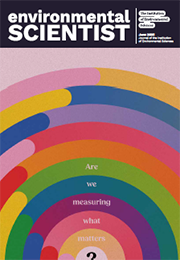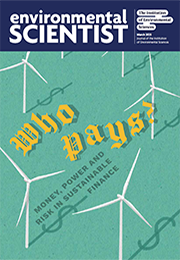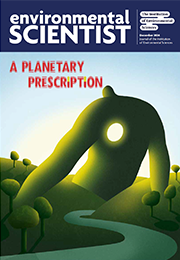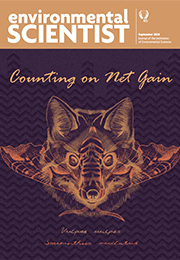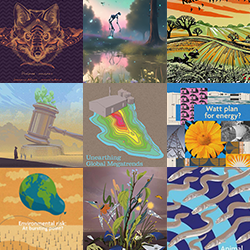
The IES produces four editions a year of its highly regarded journal, environmental SCIENTIST, as part of our commitment to disseminating new and groundbreaking developments in environmental science. While IES members are our primary readership, the environmental SCIENTIST archive is freely available, and our tone is informative and accessible. This allows a wider audience, both within and beyond the field of environmental science, to benefit from the expertise shared in each edition.
Every issue brings together experts in environmental science, to examine a relevant theme from a variety of perspectives. A guest editor – a leading subject expert – curates a selection of original and insightful articles written by IES members, academics, and professionals, to respond to the topic at hand.
While the journal is an engaging way of staying informed about the latest news and research in the sector, it also represents the level of expertise and commitment to innovation shown by our members.
Could you contribute to a future edition of the journal? If you’d like to share your expertise with an engaged and multi-disciplinary readership, please get in touch with us at publications@the-ies.org.


